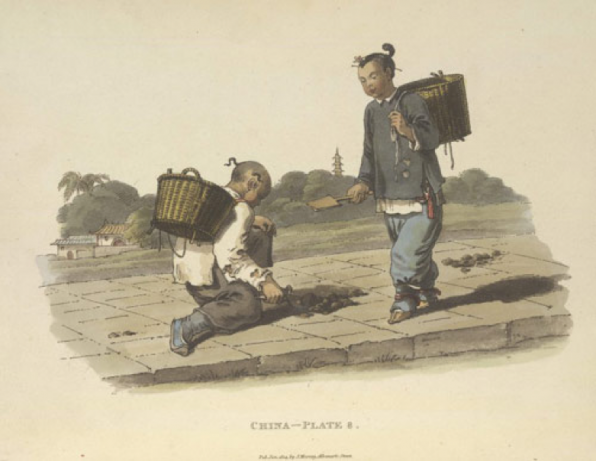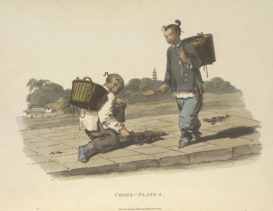This project investigates Chinese utilizations of animal waste for the sake of agricultural productivity from the seventeenth to the nineteenth century. Since fecal matter played a pivotal role in the maintenance of soil fertility, fish farming and silkworm rearing, Chinese agriculturists viewed excrement as valuable “gold” rather than useless and repulsive filth. Although some evidence betrays that animal manure played a minor and inferior role, compared to human and other waste in late imperial China, the changing value and multiple functions of animal waste reflected in agricultural practices deserve further studies. This project aims to scrutinize the cultural and social valorizations of animal waste from the following four angles. The first examines the methods and technologies for collecting and producing animal manure by focusing on the human and non-human agencies involved in the process of production. The second part situates animal waste within the spectrum of waste in agricultural practices, and delves into the validation of efficacious waste. The third aspect touches upon the materiality of animal waste and analyzes factors affecting the agricultural properties of animal waste. The last aspect situates the deployment of animal waste in the intellectual and political discourses on agricultural productivity in the Ming and Qing Dynasties. By interrogating the social and cultural matrix that endows animal waste with various functions and explicit meanings, this project promises to provide a fresh look at the relationships between humans and animals, knowledge and practice, as well as technology and the environment in late imperial China.

“Children collecting Manure,” in William Alexander, Picturesque Representations of the Dress and Manners of the Chinese (London: Printed for John Murray by W. Bulmer, 1814).

